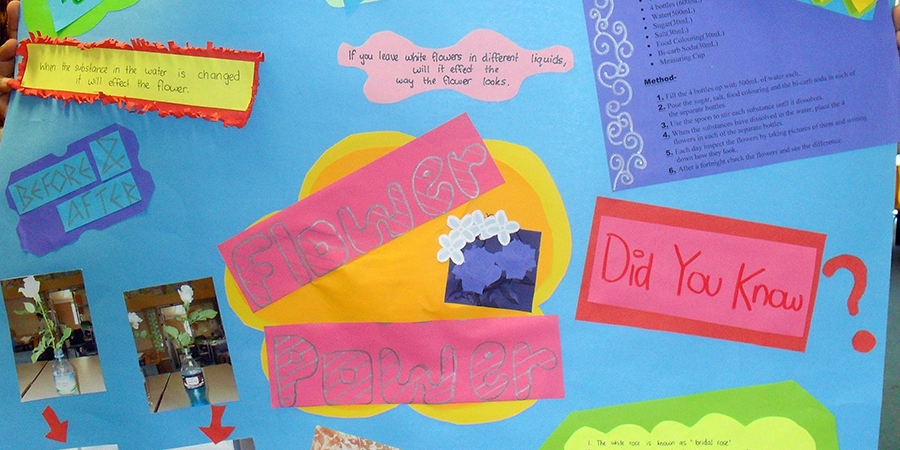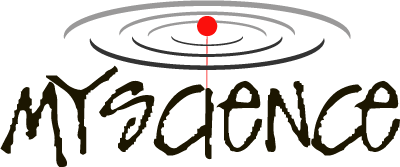MENTOR STEP 1
STEP 1
Preparation for Mentoring
STEP 2
School Visit #1
STEP 3
School Visit #2
STEP 4
School Visit #3
STEP 5
Attend Science Fair

Goals for STEP 1
- Check that you are allocated to a school
- Consider RECRUITING colleagues to come and volunteer as Mentors
- Check the DATES and TIMES for your three School Visits and the Science Fair
- CHECK the THEME of your allocated class
- If required by the school, REGISTER for a ‘NSW Working with Children Check‘
- Know and understand MENTOR ROLES & RESPONSIBILITIES
- Read INFORMATION ABOUT MYSCIENCE MENTORING
- Read INFORMATION ABOUT PRIMARY SCHOOL SCIENCE
Scroll down for more information.
STEP 1 – Plan Ahead
- SCHOOL INFORMATION: check
- NSW WORKING WITH CHILDREN: check
- ROLES & RESPONSIBILITIES: gain awareness
- WHAT MYSCIENCE MENTORING INVOLVES: gain awareness
- PRIMARY SCHOOL SCIENCE: gain awareness
- RECRUIT COLLEAGUES: to volunteer as Mentors
STEP 1 is BEFORE School Visit #1

STEP 1 – Information
School Information
The school in which you will be volunteering as a Mentor should have a designated point-of-contact person who is in email contact with you to let you know the following information:
- school name and address,
- if/when there will be a ‘Mentor Orientation/Briefing Session’,
- dates and times for each of the three School Visits (usually 60-90 minutes duration), and the Science Fair,
- your allocated class and the class theme.
More information about CLASS THEMES is in the DropDown Box below.
IF YOU HAVE NOT RECEIVED THE SCHOOL INFORMATION please contact us.
Class Theme Information
BEFORE you come to the school the class teacher will have completed the following activities with their students:
- Selected a class THEME, which will have been used to
- Conduct a class BRAINSTORM.
- A number of TOPICS will have arisen during the Brainstorm, from which, each STUDENT GROUP will have selected ONE TOPIC.
- Student groups will have begun to RESEARCH their Topic and to generate possible QUESTIONS to investigate.
When you come in for SCHOOL VISIT #1 your student group/s will be ready to work with you to narrow down their investigation to ONE TESTABLE QUESTION.
- Resource ‘1.1 Theme Ideas’ presents a list of TEACHING THEMES that are broad enough to accommodate a wide range of student interest areas and to address most school teaching programs. Successful themes that have been used in MyScience include: Change, Communication, Energy, Environment, Global Issues, the Human Body, Transport, Mythbusters and Weather.
- Resource ‘1.2 Mythbuster Theme’ is a video where a mentor and teacher speak about the benefits for having a theme.
- Resource ‘1.3 Themes > Topics > Questions’ has some examples of Themes, Topics and Questions that would be suitable to use as a foundation for Stage 3 (Years 5-6) students.
NSW Working With Children Check
- As outlined in the ‘Mentor Information’ webapge MyScience mentoring does NOT require a NSW ‘Working with Children Check’ because the number of contact hours with children (4.5 hours) is too low and because the teacher is always present in the classroom.
- If, however, your school DOES require you to register as a volunteer, follow the instructions via the Resource ‘1.5 NSW Working with Children Check’.
- As a volunteer the check is FREE.
MyScience Mentoring
As a Mentor, you bring valued science expertise, particularly related to: fair testing, critical thinking, scientific method and teamwork.
- Information related to how these aspects of Working and Thinking Scientifically are enacted in MyScience Primary School Classrooms are available through the following Resource links:
- ‘1.7 Thinking & Working Scientifically’
- ‘1.8 Measuring Accurately’
- ‘1.9 Measuring Reliably’
- The way that you talk about, think about, and help students with their scientific investigations, is how they (and their teacher) will learn what to do. They learn through INTERACTING and SHARING ideas with you.
- You will probably be working with SIX primary students grouped in pairs or threes, whom you will visit in their classroom on THREE occasions each lasting 60-90 minutes.
- This means that you will be supporting TWO or THREE different investigations related to the CLASS THEME. GROUP MEMBERS works on the SAME question. The class teacher determines the theme.
- We have compiled some recommendations for MyScience teachers about how to make best use of your expertise, and this can be found at ‘1.10 Effective Use of Mentors’.
Primary School Science
Primary school teachers are excellent practitioners. On a daily basis they are required to teach up to SIX different subject areas (known as Key Learning Areas or KLAs) to thirty students of differing ages, abilities and interests in an engaging and syllabus-related manner. SCIENCE is a subject that concerns many primary teachers, who feel that they have insufficient background knowledge and expertise to teach their students. Consequently, these teachers tend to adopt a highly directive, step-by-step, recipe-style based teaching approach, which provides little/no room for students’ involvement, questions or following their own interest areas. Students and teachers therefore find science boring and irrelevant.
MyScience is a program designed to support primary science teachers to improve their confidence and broaden their perceptions of what it means to teach and learn about science, in ways that engage and enhance students’ understandings of the nature of science.
Recruit Colleagues
- If you work in an organisation where aspects of science, engineering, technology and mathematics are key elements of your work then it is likely that some of your colleagues may also be interested in mentoring. Why not invite them to join you?
- An example of a Mentor Recruitment Poster is available through Resource link ‘1.11 Mentor Recruitment Poster’.
